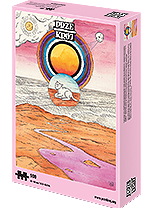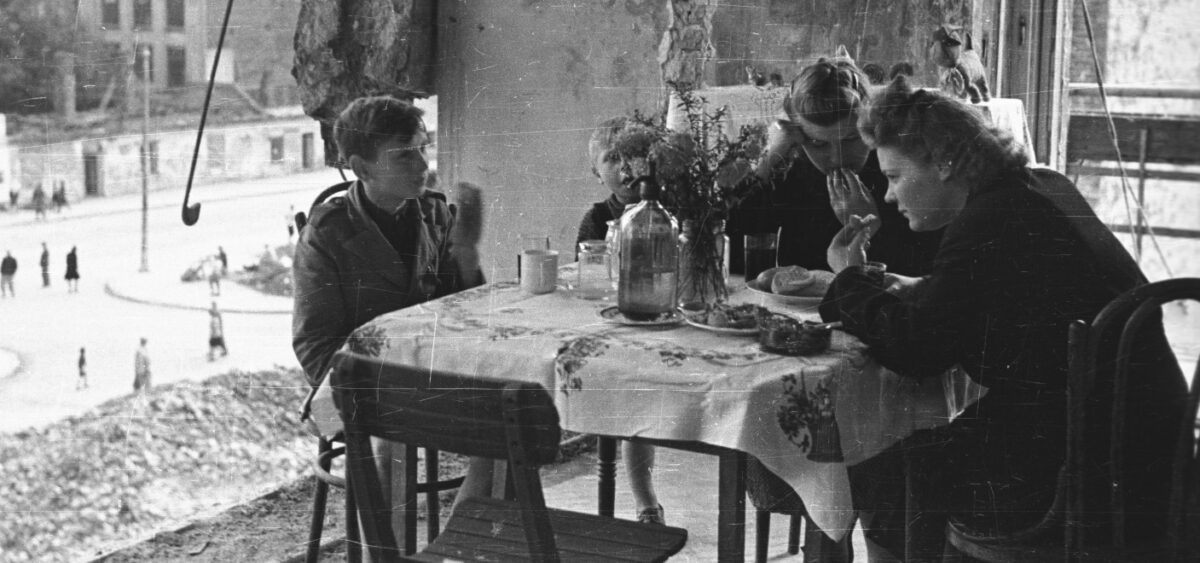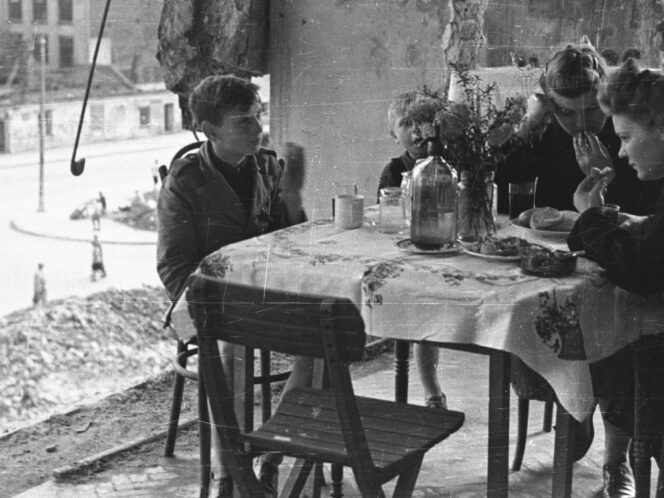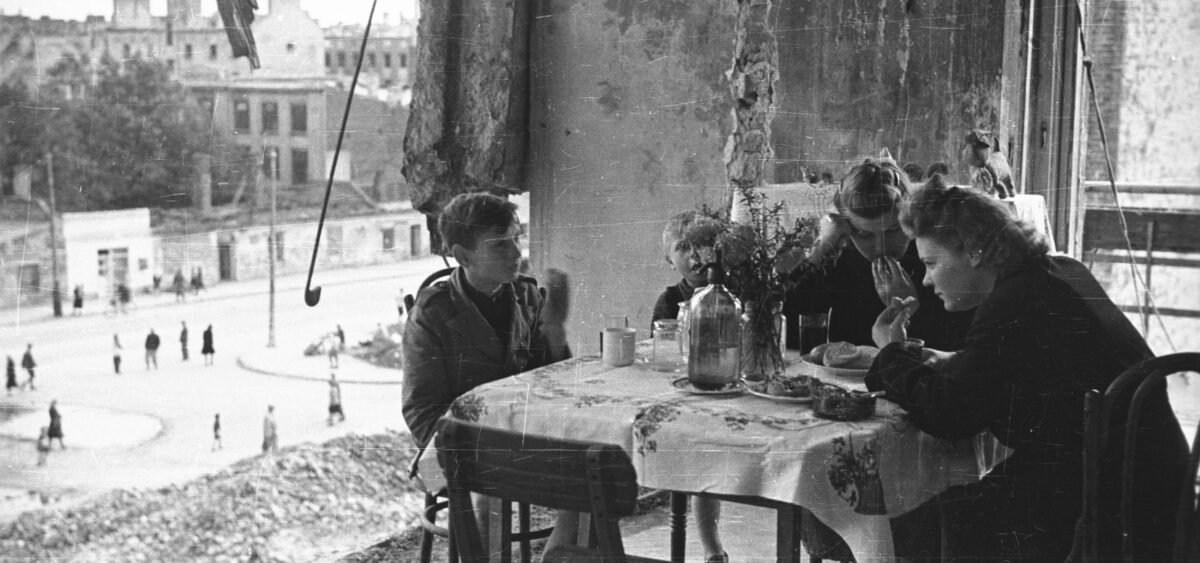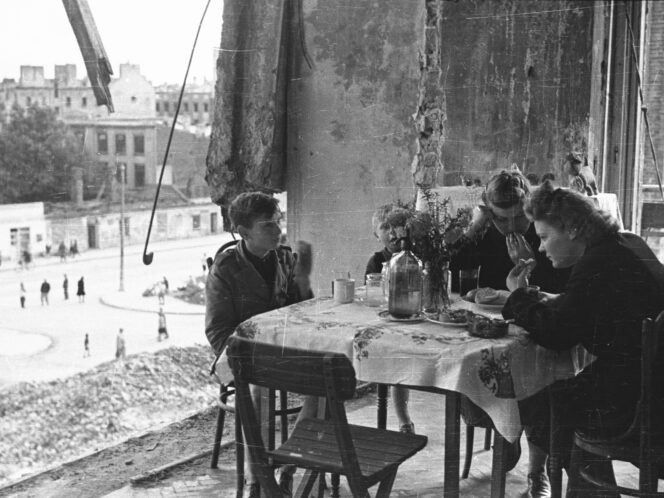
Anna Świrszczyńska, poet, yoga practitioner, vegetarian, liberated woman – whose outstanding work and powerful personality left an indelible mark on 20th-century Polish poetry, including causing a feminist awakening of sorts in the patriarchal Czesław Miłosz – was born in 1909, in Warsaw, to an artistic though impoverished family. She worked from an early age, supporting herself while she attended university. In the 1930s, she worked for a teachers’ association, served as an editor, and began publishing poetry. The outbreak of World War II interrupted her literary career. Świrszczyńska joined the Resistance and worked as a military nurse during the Warsaw Uprising. That experience, as she said later, made her into another person. She witnessed the brutal extermination of her city, forced to contend with war at its most cruel and inhumane. At one point she came within an hour of being executed before she was spared. After the war, she moved to Kraków where she lived until her death in 1984.
Świrszczyńska’s reputation in literary circles was not very strong until the publication of two seminal collections in the early 1970s: Jestem baba (1972; I am a Woman) and Budowałam barykadę (1974; Building the Barricade). Poems from these two books won her numerous admirers, including, as already mentioned, Czesław Miłosz, who translated some of Świrszczyńska’s poetry


